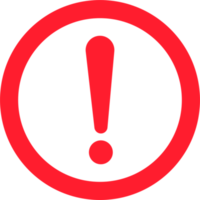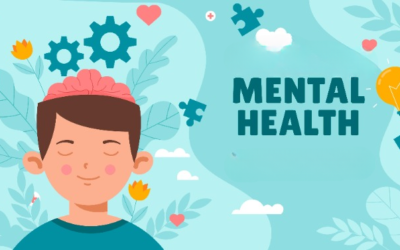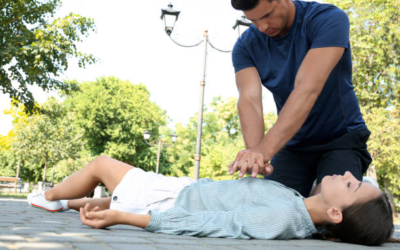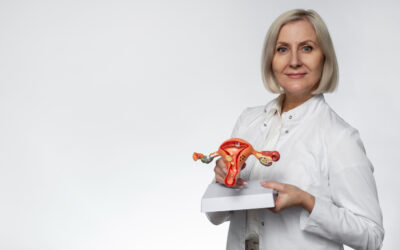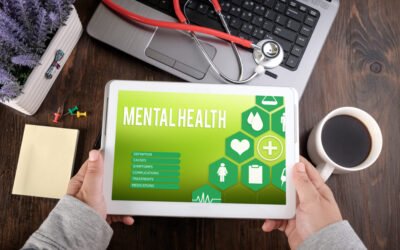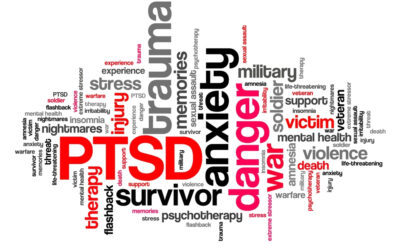Mental health and community are two key elements for a successful recovery. Having a supportive network of people who can offer encouragement and understanding during difficult times can make all the difference. For instance, when recovering from an addiction, it is important to have the support of friends and family to be successful and stay on track.
Building strong relationships with others can also be beneficial for mental health. Research shows that those with strong social connections are more likely to have better mental health and overall well-being. A sense of belonging to a community can boost self-esteem and make people feel more connected to the world around them. This connection, in turn, can help reduce feelings of anxiety and depression. Let’s explore in more detail how community and mental health can help in recovery.
1. The Role of Community in Recovery.
A supportive network of friends and family is essential for those recovering from an addiction. It can be extremely helpful to have people who you can talk to and rely on, especially during difficult times. Additionally, being part of a larger community can provide opportunities to engage in positive activities and get involved in social events. This is an important part of recovery, as it can help those in recovery break away from the negative influences they may have been surrounded by while using drugs or alcohol. The essence of community mental health beyond just providing support; it also allows for those in recovery to foster meaningful connections with others. It also provides them a sense of purpose & belonging. Aspiring professionals, in particular, can also benefit from community connections, as they may be able to gain access to resources such as mentorships and job opportunities. The prerequisite for becoming a counselor varies by state. However, in some states, a master’s degree is necessary. And, if you’re thinking of becoming an addiction counselor, it’s important to check your state’s standards and requirements.
2. The Role of Mental Health in Recovery.
Mental health plays an vital role in recovery. It is essential for those recovering from addiction or any trauma to take care of their mental health. This can mean seeking counseling and therapy or just finding ways to prioritize self-care. They must find healthy outlets for stress and anxiety, such as talking with a therapist or engaging in relaxation activities. Also, strong mental health can help individuals manage their cravings and reduce their risk of relapse.(1)

3. The Benefit of a Combination.
Community and mental health support can be incredibly beneficial for those in recovery. Being part of a supportive network can provide encouragement and guidance as individuals take steps toward long-term recovery. At the same time, focusing on mental health can help to address underlying issues that may have contributed to the development of an addiction. Combining both can provide a comprehensive approach that helps individuals build resilience and regain control over their lives.
4. Asking for Help.
If you or someone you know is struggling with an addiction, it is important to seek help. Remember that community and mental health support can be invaluable in helping recover. Several resources, like addiction treatment centers, counseling services, & community organizations, are available. It is never too late to change your life, and it is important to remember that recovery is possible. With the right help, you can find balance and a healthy, fulfilling life.
What Are The Steps Essential In Mental Health Recovery?
The steps essential in mental health recovery depend on the individual but generally involve:
1. Understanding And Accepting One’s Diagnosis.
As with any recovery process, it’s important to understand and accept the diagnosis. This cannot be easy, but moving forward in the recovery process is necessary.
2. Developing A Treatment Plan.
The next step is to develop a customized treatment plan with the help of a mental health professional. This should include steps to address symptoms and triggers and strategies for managing stress and practicing self-care.(2)
3. Seeking Support.
Support from family, friends, and a mental health professional can be incredibly beneficial in recovery. It can help to have someone to talk to and share experiences with.
4. Participating In Therapy.
Therapy of all kinds can be incredibly beneficial in recovery. Cognitive behavioral therapy, dialectical behavior therapy, and mindfulness-based stress reduction are all examples of effective therapies for mental health recovery.
5. Practicing Self-Care.
Self-care is essential in mental health recovery. This includes taking time to rest, engaging in activities that bring joy and fulfillment, and following a healthy diet. It also means finding ways to reduce stress and practicing relaxation techniques such as yoga or meditation.
6. Joining A Peer Support Group.
Peer support groups can provide invaluable insight into recovery. They can help people find motivation, give advice and guidance, and provide a safe environment for sharing experiences.
7. Being Mindful Of Triggers.
It is important to be mindful of triggers and situations that can lead to a relapse and avoid them when possible. Developing coping strategies for dealing with stress and difficult emotions is also important.
8. Finding Healthy Outlets For Emotions.
Finding healthy ways to process and express emotions can be beneficial in recovery. This may include creative or physical activities, such as art, music, exercise, or writing.
The goal of mental health recovery is not only the management of symptoms but rather the ability to lead a meaningful life despite the diagnosis. Those recovering from mental health issues can find balance and lead a fulfilling life with adequate support.
The journey of mental health recovery is different for everyone, but with the right resources, individuals can take steps toward long-term well-being.
Bottom Line.
Asking for help is a powerful step in the mental health recovery journey. It is important to remember that everyone—no matter the diagnosis or circumstance—deserves access to the support and resources they need for a successful recovery. Everyone’s journey is unique, but with professional help, individuals can find the strength and resilience to persevere.
It is also important to recognize that mental health recovery is lifelong, and there will be bumps in the road. Staying motivated, seeking help, and finding healthy ways to cope with stress and anxiety are important. Individuals can take steps toward a healthier, happier life with the right support.
+2 Sources
Freaktofit has strict sourcing guidelines and relies on peer-reviewed studies, educational research institutes, and medical organizations. We avoid using tertiary references. You can learn more about how we ensure our content is accurate and up-to-date by reading our editorial policy.
- What is the difference between therapy and counseling?; https://mentalhealthmatch.com/articles/about-therapy-and-mental-health/what-is-the-difference-between-therapy-and-counseling
- Ways to Manage Stress; https://www.webmd.com/balance/stress-management/stress-management

 Workout
Workout
 Meditation
Meditation


 Stories
Stories


 Podcast
Podcast E-book
E-book




